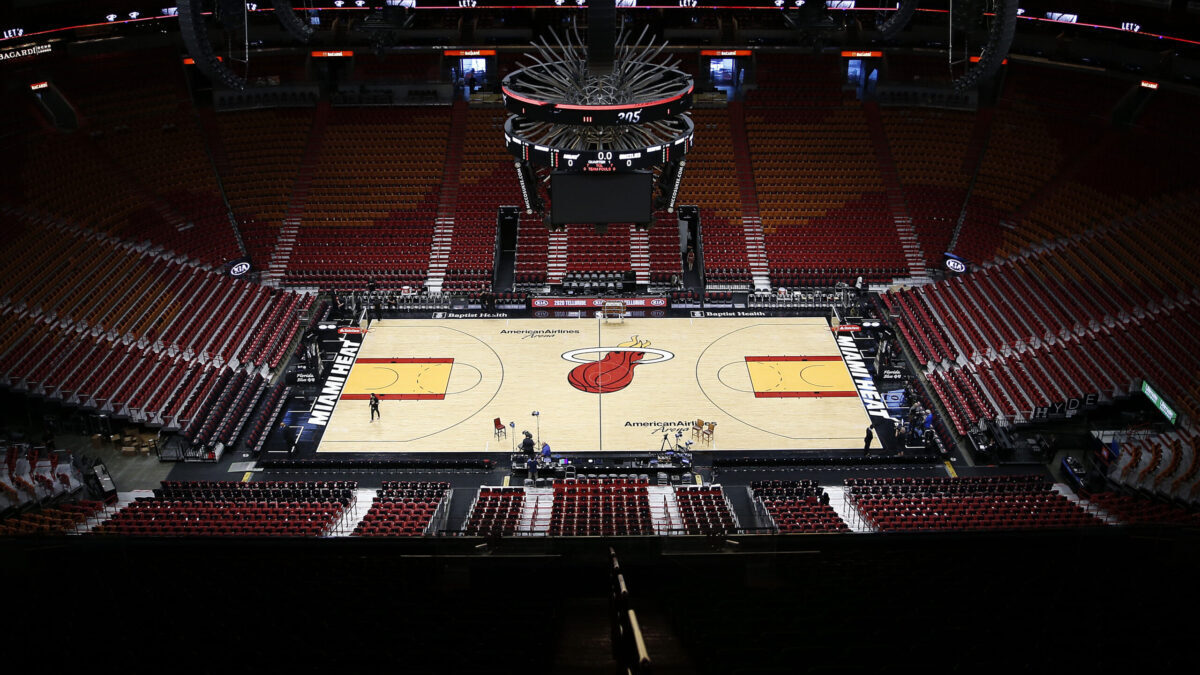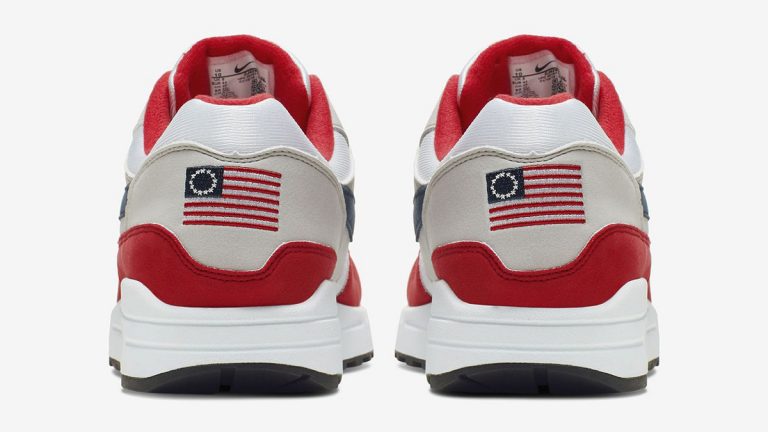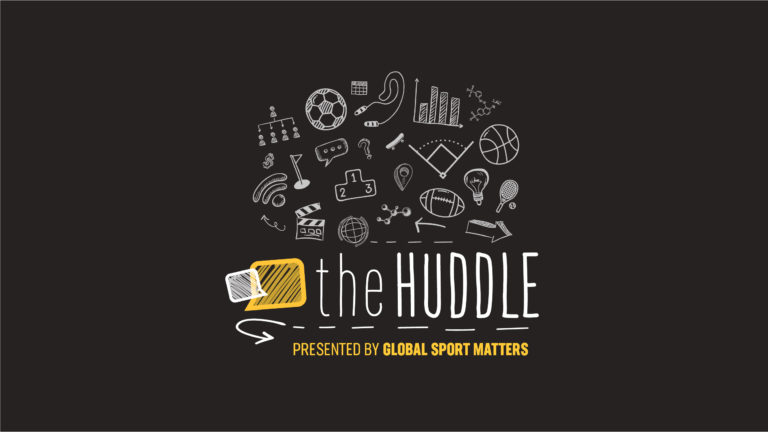Sport venues to become 2020 polling places
Why this matters
As uncertainty abounds about the integrity of voting in the 2020 election, in the midst of the ongoing pandemic, and with players from across sport demanding social justice reform as a result of renewed concerns over racism, many teams and venues are offering their empty arenas as "supercenter" polling places, allowing for people to gather while maintaining social distance protocols.
Would you cast your vote at a sports venue turned "Super Center" polling place?
Read more: https://t.co/AQphUMvPBx
— Global Sport Matters (@GlobalSportMtrs) September 4, 2020
During a summer in which voting rights and the logistics of casting a ballot amid a pandemic have come under intense scrutiny in Washington, athletes have led the way in increasing access to voting booths and education for everyday fans. The strike across sport this week, led by the NBA’s Milwaukee Bucks in protest against the shooting and paralyzation of Jacob Blake by Kenosha, Wisc., police and ongoing violence against Black people in the United States, has helped bring a sharper focus to voting among leagues and teams across American sport.
Though players around the NBA grew frustrated that their messaging was becoming stale, this week change has already come in the form of electoral action on the part of the teams and their owners in the aftermath of the players’ decision to strike two full days of playoff games this week. The NBA and the league’s players’ association agreed on Friday to a set of actions that team governors will take in conjunction with their players as a predicate for a return to the court.
Among those is a promise that where possible, teams will turn their arenas and other team facilities into polling places or sites where ballots can be collected or citizens can register to vote. That likely means the majority of the NBA will follow in the footsteps of a half-dozen teams in the league that had already done so, thanks in large part to LeBron James’ More Than A Vote initiative, which began this summer in the wake of the murder of George Floyd and centered on voter empowerment and education.
“This is the ballgame,” Michigan Secretary of State Jocelyn Benson told Astead Herndon of the New York Times. “This is not just a benevolent effort. This is not just an important partnership. This is critical.”
Heading into this week, according to a compilation by The Guardian, about a dozen teams across all four major American sports have decided to turn their stadiums into voting centers. Reports in the aftermath of the NBA’s agreement with its players indicated the Miami Heat, Dallas Mavericks and Golden State Warriors -- among others -- would join that collection of teams in their electoral efforts.
NBA: Los Angeles Lakers, Los Angeles Clippers, Houston Rockets, Washington Wizards, Detroit Pistons, Indiana Pacers, Atlanta Hawks, Milwaukee Bucks, Dallas Mavericks, Miami Heat, Golden State Warriors, San Antonio Spurs, Charlotte Hornets, New York Knicks
MLB: Los Angeles Dodgers, St. Louis Cardinals, Baltimore Orioles, Washington Nationals
NHL: New Jersey Devils, Pittsburgh Penguins, Washington Capitals, Arizona Coyotes
NFL: Pittsburgh Steelers, Kansas City Chiefs, Seattle Seahawks, Indianapolis Colts, Carolina Panthers
Some NBA teams do not own their arenas, such as in Boston, where the NHL’s Bruins manage TD Garden where the Boston Celtics also play. In Phoenix, the Suns’ Talking Stick Resort Arena is under construction and will not be ready to be part of this effort. The league’s agreement with players contained an exception that would still demand that those teams work with the venue manager and team governors to still be part of the electoral process in a meaningful way.
The effort has many supporters outside the NBA, too. While James’ organization has brought attention to the issue, the Election Super Centers Project features scholars and public policy experts from across the country who crafted the initial concept of turning sport stadiums into these “super centers.”
"Traditional polling places are designed to handle relatively small numbers of voters, standing in close proximity to one another in lines and with voting machines bunched together,” said project member Dr. Jonathan Metzl, director of Vanderbilt University’s Center for Health Medicine and Science, in a statement. “Arenas, on the other hand, are built to allow tens of thousands of people to safely move through them at one time without creating long lines. With the right modifications, arenas could allow voters and poll workers to observe social distancing guidelines with an expedited, secure voting experience."
And though superstar NBA athletes like James and Chris Paul, the president of players’ association’s executive committee, are leading the charge, pressure has come from voices across the league. Throughout the NBA restart in Orlando, Houston Rockets head coach Mike D’Antoni has donned different t-shirts and masks with messages about the importance, and the Rockets ultimately followed his lead this week when they made the Toyota Center an official polling place in the nation’s fourth-largest city. D’Antoni said the team’s executives as well as local representatives from the ACLU spear-headed the effort, and he wants it to go further.
“We should look at voting and try to enhance it, not hinder it,” he told Jenny Creech of The Athletic Houston. “Having the Toyota Center really enhances the safety of people, especially during the pandemic time. It’s a convenient location and great for a polling site so I think that mixed with a day off for everyone would be a great way to help people get there to vote.”
It is important to focus on a franchise like the Rockets because they were recently sold by Leslie Alexander, an extremely wealthy man active philanthropically in Houston, to Tilman Fertitta, whose liquid wealth is considerably smaller and who this summer visited the White House to work with President Donald Trump on small business aid. Many NBA players, including James, have directly called out Trump as a cause for the disenfranchisement of voters, and this week, Clippers head coach Doc Rivers called out the vitriol and race-baiting from the Republican Party during its convention. Fertitta himself struck a similar note this week during an interview with CNBC in which he stood in support of his team and said he disagreed with the president’s criticism of the NBA being active politically.
These are merely case studies in what will be a broader effort to reform America’s voting system -- an effort that now has multiple powerful advocates in the form of pro sport entities. But they signify the sweeping change set in motion by the Bucks which players across sport hope will result in meaningfully more opportunities for marginalized communities to make their voices heard and enact change that can ripple downward toward the criminal justice system and broader systemic racism in American society.
Monthly Issue
COVID-19 & Sport
COVID-19 is the rival no one in sport could game plan for. As many live events remain at a standstill and the world keeps adapting, how is sport resetting upon its staggered returns?





